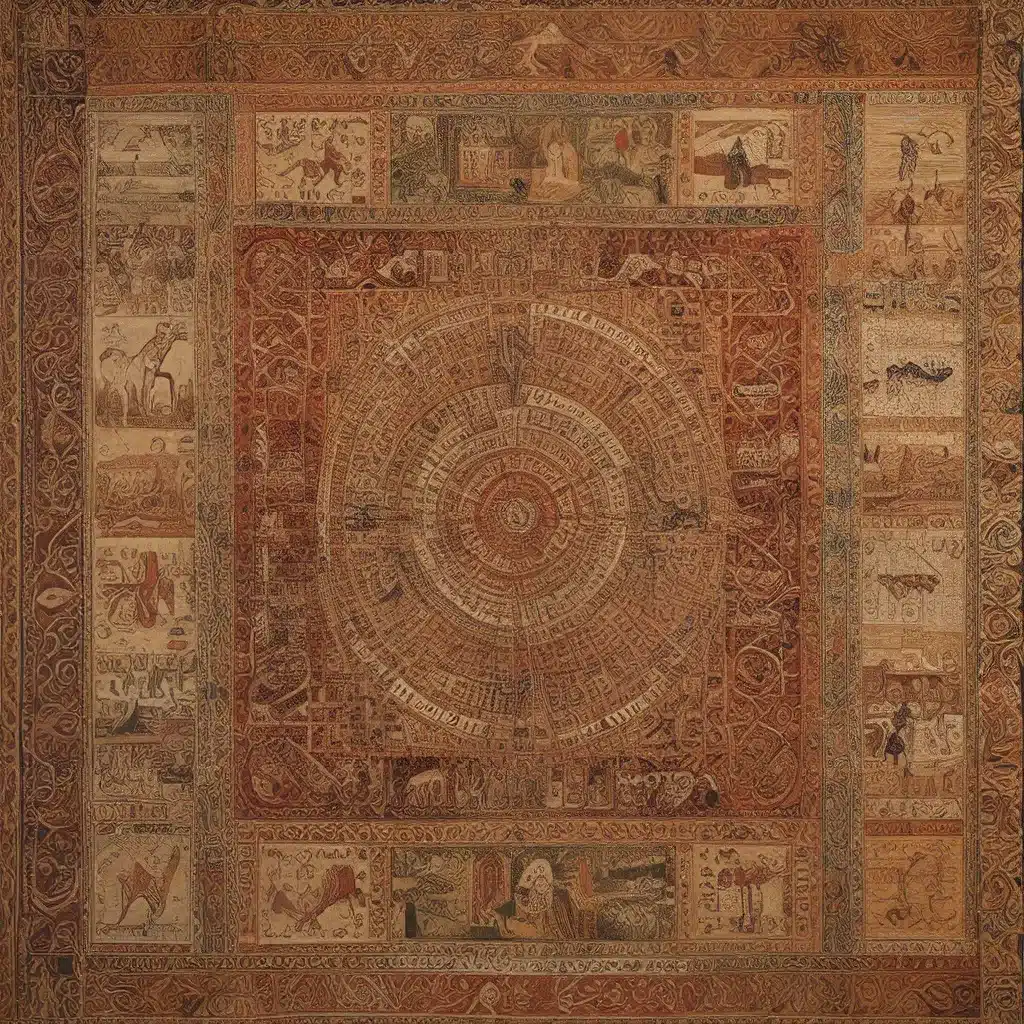
In the vast tapestry of human history, our stories and cultural narratives are the intricate threads that bind us together across civilizations. From the ancient myths of Greece and the folklore of India to the contemporary literature that continues to captivate global audiences, the art of storytelling has remained a unifying force, transcending boundaries and echoing the shared experiences that define the human condition.
Unraveling the Roots of Storytelling
At the heart of every culture lies a unique storytelling tradition, one that has evolved over millennia to capture the essence of the human experience. The ancient civilizations of the world, such as the Greeks, Egyptians, and Indians, wove intricate tales to explain the mysteries of the world, creating a shared identity and imparting moral lessons to their communities.
Consider the timeless tales of Greek mythology, where gods and heroes enthrall readers with epic adventures, or the enchanting narratives of Indian folklore, which spin stories of gods, demons, and mystical creatures. These narratives not only entertained but also served as a means of preserving cultural values and traditions, ensuring their endurance through the generations.
Contemporary Narratives: A Global Blend
As societies have evolved, so too has the nature of storytelling. In today’s interconnected world, diverse voices converge to create a global tapestry of tales, blending cultural traditions and forging new artistic expressions. Authors like Haruki Murakami seamlessly weave Japanese folklore with modern existentialism, while Chimamanda Ngozi Adichie brings the rich tapestry of Nigerian culture to a global audience, fostering understanding and appreciation.
Through their novels, these storytellers contribute to the ongoing dialogue, challenging societal norms and igniting conversations that transcend geographic boundaries. Their works serve as bridges between cultures, allowing readers to immerse themselves in narratives that illuminate the shared humanity that underpins our diverse experiences.
The Impact of Technology on Storytelling
The digital age has not only changed the way stories are told but also how they are consumed. Platforms such as Wattpad have democratized storytelling, allowing aspiring writers from around the world to contribute their threads to the vast tapestry of literature. Meanwhile, podcasts, interactive storytelling apps, and virtual reality experiences have provided new avenues for narrative exploration, pushing the boundaries of traditional storytelling mediums.
The rise of audiobooks, for instance, has reinvented the oral tradition, enabling stories to be shared across distances and reaching a wider audience. These technological advancements have not only transformed the landscape of storytelling but have also fostered a greater appreciation for the diverse narratives that shape our collective history.
Cultural Exchange Through Storytelling
In an era of increased globalization, stories have become the bridges that connect cultures, fostering empathy and understanding among people of different backgrounds. Pixar’s Coco, for example, beautifully weaves Mexican folklore into a universally relatable tale of family and remembrance, while the works of Orhan Pamuk transport readers to the streets of Istanbul, offering a glimpse into the city’s history and cultural nuances.
Through literature, we can explore the richness of diverse cultural perspectives and gain a deeper understanding of the human experience. Narratives like To Kill a Mockingbird and The Diary of Anne Frank not only chronicle historical injustices but also ignite conversations that challenge societal norms, becoming catalysts for empathy, understanding, and advocacy.
Storytelling as a Catalyst for Change
The power of storytelling to influence societal attitudes is evident in the works of contemporary authors like Chimamanda Ngozi Adichie, whose TED Talk “We Should All Be Feminists” became a rallying cry for gender equality. Through her novels and essays, Adichie continues to contribute to the ongoing dialogue about the importance of diverse voices in shaping our collective narrative.
Stories have the ability to inspire change, to challenge preconceptions, and to create a shared understanding of the human experience. Whether whispered around ancient campfires or shared through virtual platforms, our stories endure, creating a legacy that will resonate through the ages. As we continue to add our own narratives to the ever-evolving tapestry of human existence, let us embrace the power of storytelling to illuminate the path toward understanding, unity, and a shared future.
Preserving the Tapestry of Human History
The The Lost Kingdoms blog is dedicated to exploring the rich tapestry of human history, uncovering the interconnected stories of ancient civilizations and their cultural significance. Through meticulous research and analysis, we delve into the mysteries of the past, shedding light on the archaeological discoveries and emerging theories that continue to shape our understanding of the world we inhabit.
From the ancient myths and folklore that have captivated the human imagination for millennia to the contemporary narratives that reflect the evolving social and cultural landscape, our team of experts is committed to weaving together the diverse threads that make up the tapestry of human history.
Join us as we embark on a journey through time, unraveling the stories that have defined our past and continue to inform our present. Together, let us celebrate the power of storytelling to connect, inspire, and transform, and contribute our own threads to the timeless tapestry that is the human experience.


